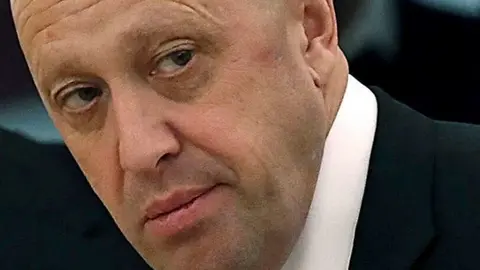Erdogan doubles the bet and wins

In times of tribulation, do not make any changes, as Ignatius of Loyola advised. To which one could add that in times of war the strongest personalities prevail. We are now directly or indirectly involved, with varying degrees of involvement, but all of us are affected by the war in Ukraine, and everyone is trying to appropriate some substantial shred of victory. And, following the NATO summit in Vilnius, it is safe to say that one of the biggest winners is Turkish President Recep Tayyip Erdogan.
Winner of the last elections against the odds, Erdogan has further strengthened his enormous power to resemble the great Ottoman sultans of old. And he has taken advantage of this renewed strength to impose a large part of his claims on the international scene and to make this victory very visible at the meeting in the Lithuanian capital.
The year-long blockade it imposed on Sweden's entry into the Alliance has served to raise the level of its demands and to involve all major NATO leaders in granting them. Initially, the pretext for opposing Sweden's admission was Stockholm's alleged protection of the many Kurdish exiles on its territory from the Kurdistan Workers' Party (PKK), which Ankara continues to persecute as a terrorist organisation. As a result, and as the newly renewed NATO Secretary General, Norway's Jens Stoltenberg, acknowledged, "Sweden has gone so far as to amend its constitution. It has strengthened anti-terrorism laws, establishing new mechanisms for intelligence sharing. And just a few days ago a Swedish court even convicted a PKK member for contributing to the financing of terrorism'.
Although in public Erdogan was not satisfied, since he also proposed the extradition of the most prominent PKK members who are refugees in Sweden, the Turkish president had already made a second major demand: that the United States provide him with a contingent of F-16 fighter jets, which Ankara believes are necessary to monitor, control and dissuade threatening movements both in the Black Sea and on the border with Syria, where Turkey has established an important "security strip". Finally, after several direct telematic and telephone conversations between Erdogan himself and US President Joe Biden, the latter agreed to sign the sale of 40 F-16 aircraft to Turkey before the two met in Vilnius, allowing the announcement of Sweden's 32nd NATO membership to take centre stage at the summit.
But not content with what he got, Erdogan came out with the last, for now, of his demands: to bring frozen relations with the European Union out of the doldrums. Since 2018, Brussels and Ankara had totally suspended Turkey's supposed accession process, on the pretext that Turkey, far from complying with the different stages of adaptation to the EU acquis, was moving further and further away, especially in the most sensitive chapters, those relating to individual freedoms, with special emphasis on freedom of expression, and the separation of powers, also with serious warnings regarding the independence of the judiciary.
Aware of Brussels' strong reservations about accepting a 'revitalisation' of the accession process, Erdogan forced Biden to make a statement that in the EU capital came across as an imposition: 'The United States has always supported Turkey's path towards EU membership', although he later clarified that this process is a bilateral issue to be resolved by Brussels and Ankara.
The reality is that the President of the European Council, the Belgian Charles Michel, held an effectively bilateral meeting with Erdogan, at the end of which Michel wrote on his Twitter account both that the two had held such a meeting and that the content of the meeting had focused on 'revitalising our relations' after exploring opportunities for EU-Turkey cooperation. An implicit acknowledgement that this 'revitalisation' is part of the price to be paid for allowing Stockholm to definitively come under the NATO umbrella, all the more so since the European Council, meeting shortly before, had rejected Ankara's claim.
With all this baggage, Erdogan returns to Turkey with his bag of concessions almost full. And with one more trump card: the necessary ratification by the Turkish parliament, in which the president has an overwhelming majority, for Sweden's entry. A procedure that the Turkish legislative chamber could delay or bring forward, depending on whether or not the president feels that the deadlines for the commitments undertaken are being met to his liking.


